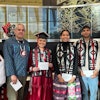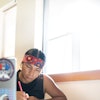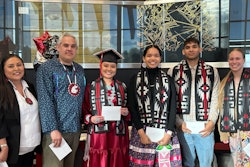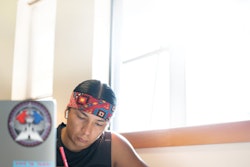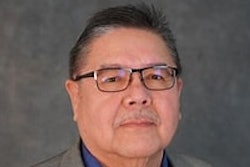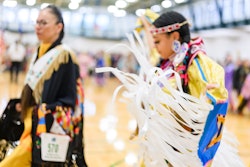NEW YORK — Sandra Begay-Campbell, who served as a regent at the University of New Mexico from 2001 to 2005, moved many higher education students and leaders to tears at a session during the National Conference on Race and Ethnicity in American Higher Education in New York City on Saturday.
Recounting her experiences growing up on a Navajo reservation in New Mexico, the isolating effects of academia on minority students, and the difficulties she has encountered as a female engineer, Begay-Campbell struck a chord with the women in the room and imparted sage advice.
She started off by sharing a story about how going to a predominantly White college the first semester of freshman year greatly affected her emotional well-being and nearly set her up for failure. After an initial bad experience, she returned home to attend a community college that allowed her to excel.
“As we’re dealing with minority students who are in the start of our higher education system, you’re going to see many of those aspects: the culture shock, not having a cohort to tie them together to help support them when they are taking a hard curriculum,” she said. “We’re hoping to give them the answers to guide them, but we also need to set them up for success.”
Small class sizes, the backing of family, cheaper tuition, and familiar professors all helped Begay-Campbell finally get off her feet. After attending the University of New Mexico Gallup branch campus for two years, she went on to earn a bachelor’s from the school’s main campus and a master’s from Stanford University.
While her culture and the comforts of home gave her strength, Begay-Campbell said certain aspects of her background created difficulties as a minority woman in higher education.
Growing up in an underserved community, she said, doesn’t lend itself very well to going after a degree in higher education. Not only did she receive discouraging comments about whether she could become the engineer she wanted to be, but being the only female American Indian through most of her career at the university or in the workplace has often been a challenge.
